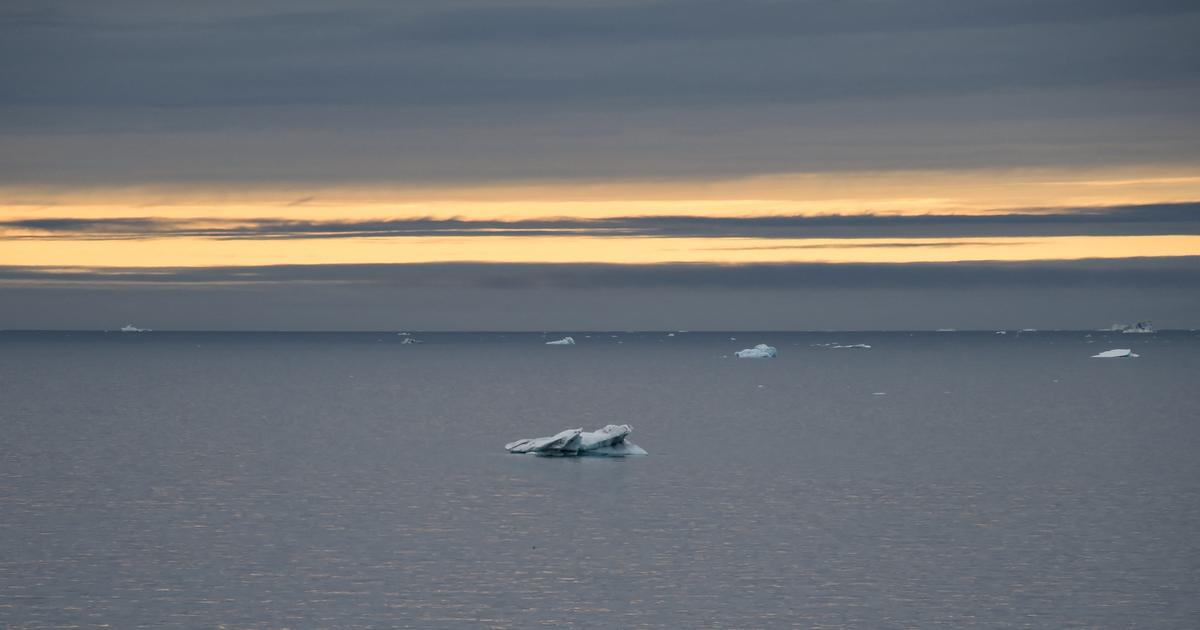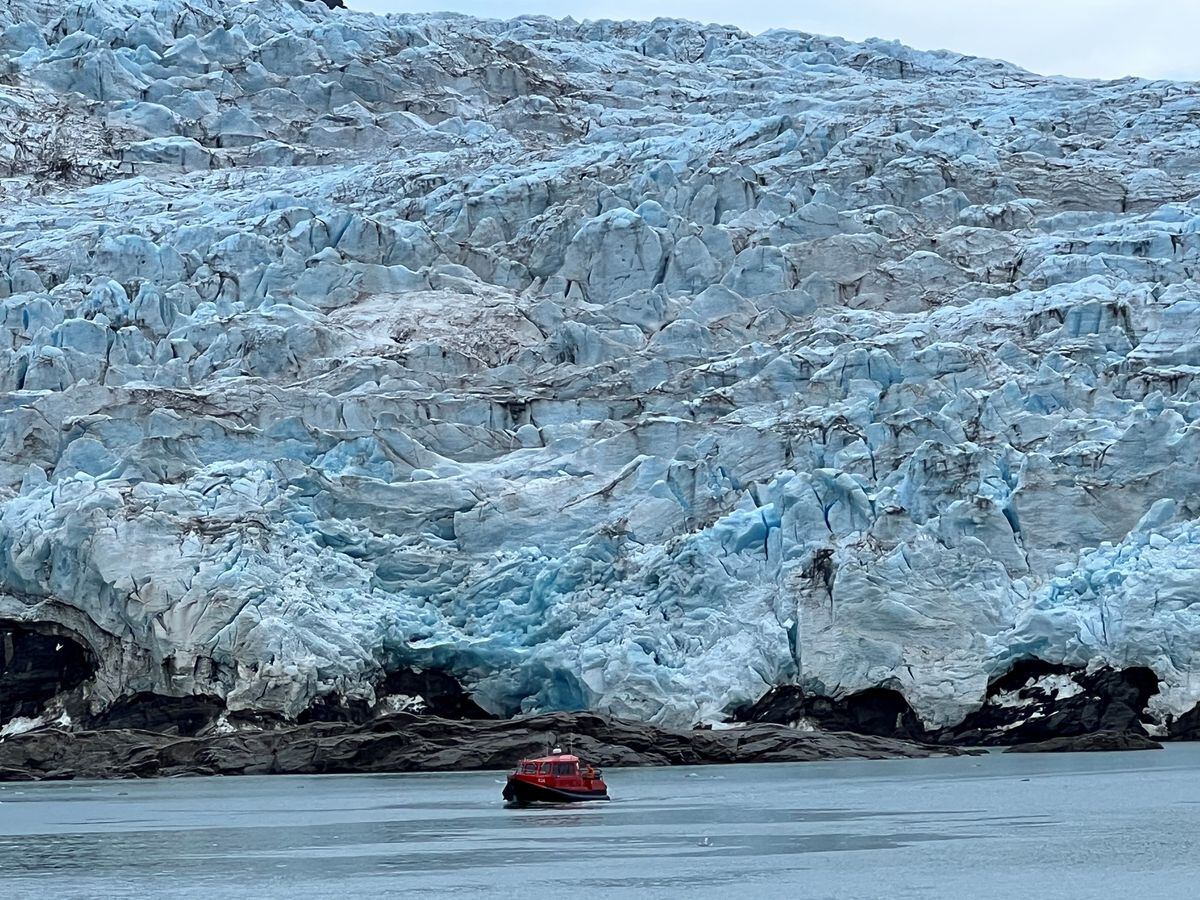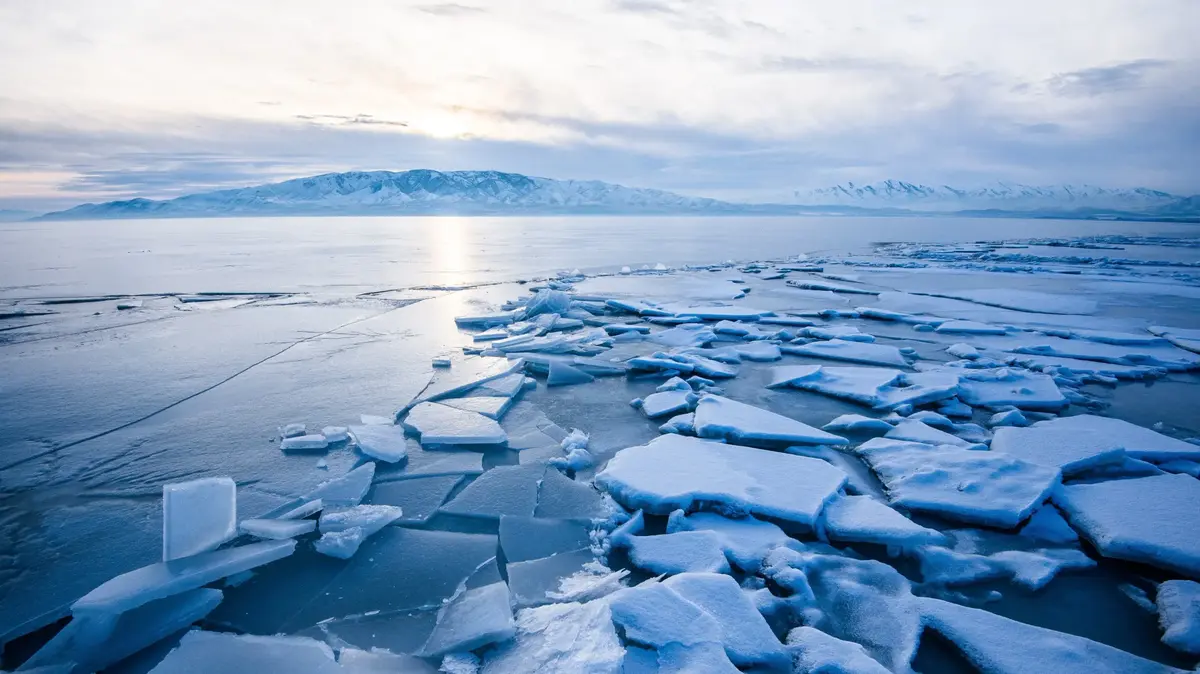Climate change: Arctic is warming four times faster than the rest of the world
Created: 08/14/2022, 06:05
By: Bettina Menzel
Icebergs break from a glacier into a fjord in Greenland.
If the glaciers and ice sheets in Greenland, for example, melt, the sea level will rise.
© David Goldman/AP/dpa +++ dpa picture radio +++
A study by Finnish researchers found that global warming in the Arctic is progressing much faster than previously thought.
Helsinki - Previous studies assumed that global warming in the Arctic is progressing twice or three times faster than the global average.
A study by a research team from the Finnish Meteorological Institute in Helsinki, published on Thursday (August 11) in the science journal
Communications Earth & Environment
, now indicates something frightening: Global warming in the Arctic could even be almost four times faster than worldwide.
Study: Earth is warming four times faster in the Arctic than in the rest of the world
According to Finnish researchers, global warming as part of the climate crisis is happening much faster in the Arctic than previously thought.
A working group of the Arctic Council based in Tromsø, Norway, had already reported in May 2021 that the increase in the average Arctic surface temperature between 1971 and 2019 was 3.1 degrees Celsius, around three times higher than the global average.
However, according to the Finnish scientists, the Arctic region has been warming almost four times faster than the global average over the past 43 years.
There is little consensus on the extent of the recent arctic or polar strengthening, the researchers say.
The phenomenon of faster warming in the Arctic is called arctic amplification in technical jargon.
Numerous recent studies report that the Arctic has been warming either nearly twice, about twice, or more than twice the global average.
"However, the warming ratios reported in these and many other studies usually only refer to older, possibly outdated estimates and do not include more recent observations," says the current study from Finland.
The Finnish researchers now attribute their even higher estimate to the strong and sustained Arctic warming on the one hand, but also to their definition of the Arctic and the calculation period on the other: They defined the Arctic as the entire area that is located within the Arctic Circle.
The rate of warming was calculated from 1979 - the year since more detailed and therefore more reliable satellite images became available.
Global warming in the Arctic: regionally even up to seven times faster than worldwide
How humans pollute the environment
View photo gallery
At the regional level, some areas in the Arctic Ocean have even gotten warmer up to seven times faster than the planet as a whole, the researchers write.
Climate models have so far underestimated the so-called polar amplification, explained lead author Mika Rantanen.
The phenomenon of Arctic amplification can be attributed to several factors, including both regional causes and long-distance effects.
One of the most important influencing factors is the decrease in sea ice and snow cover and the feedbacks that result.
For example, if darker landmass appears instead of snow, it heats up much more.
Here, experts also speak of the so-called ice-albedo feedback.
(bme/dpa)








